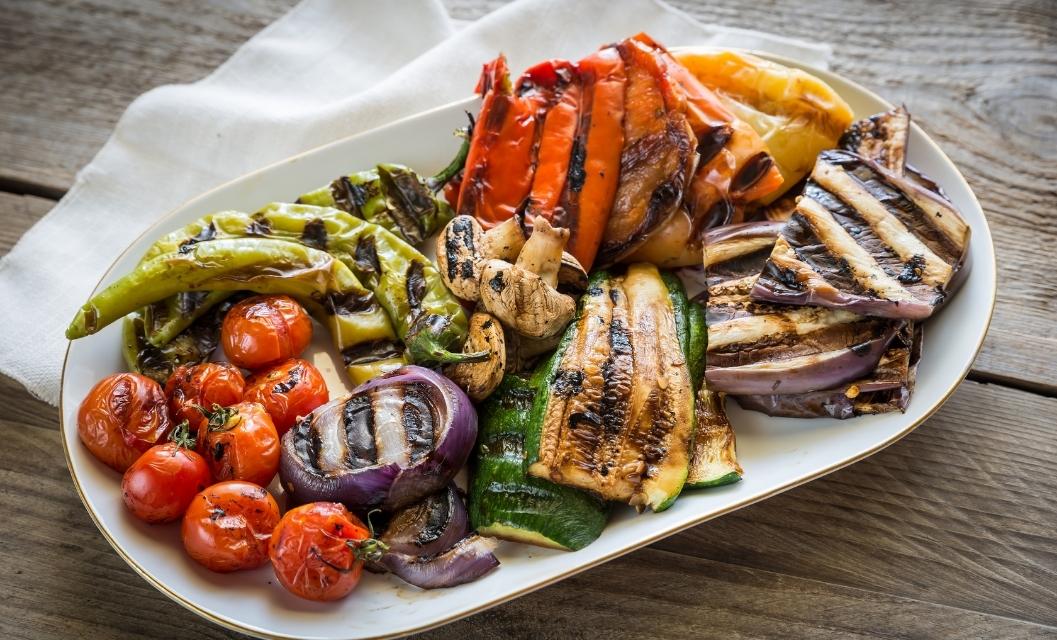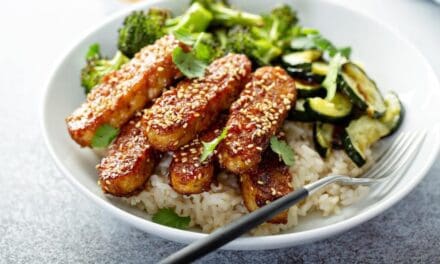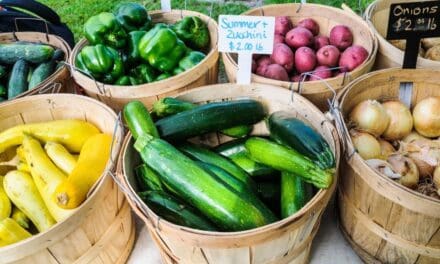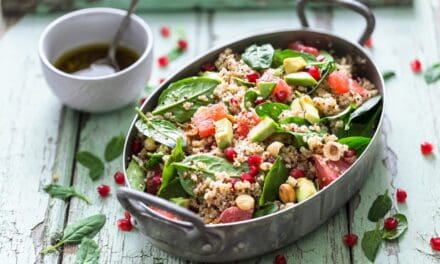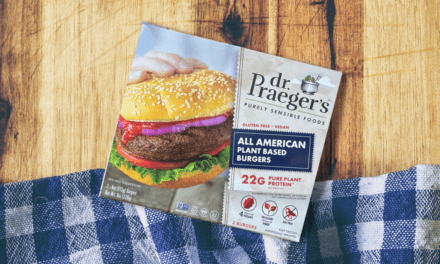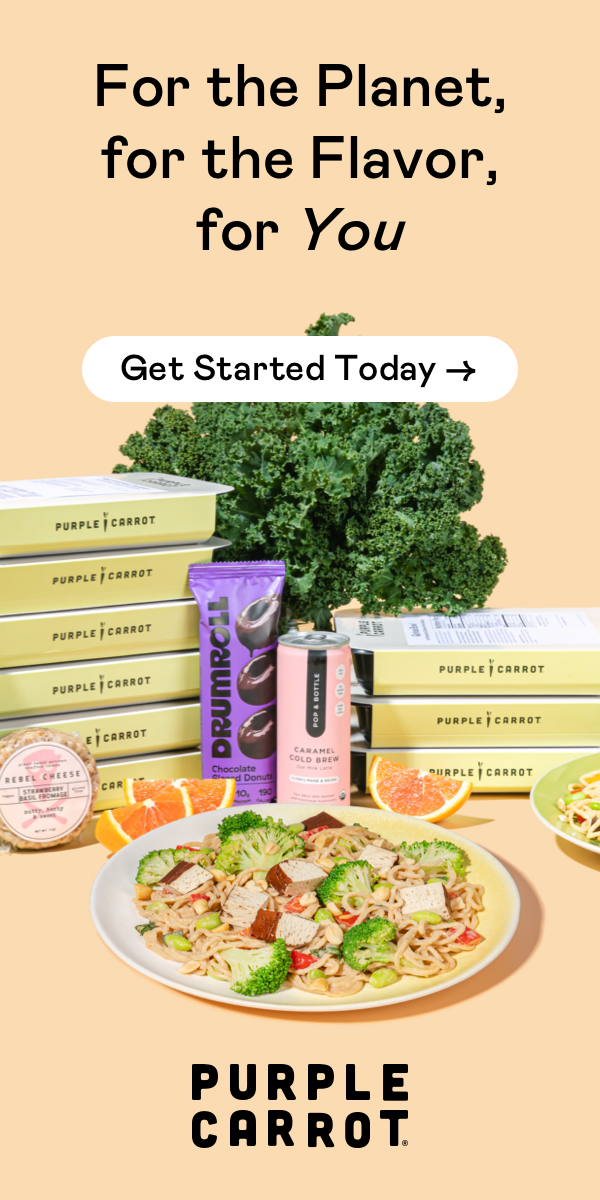Every time a fast-food restaurant rolls out a new vegan option, the debate springs up. Some vegans instantly say it’s not vegan, even though the ingredients don’t list meat, dairy, eggs, or honey. Other vegans argue that it’s fine. Both sides feel strongly, and for a non-vegan, it may be challenging to understand what the problem is. The issue comes down to cross-contamination and whether it ruins vegan food.
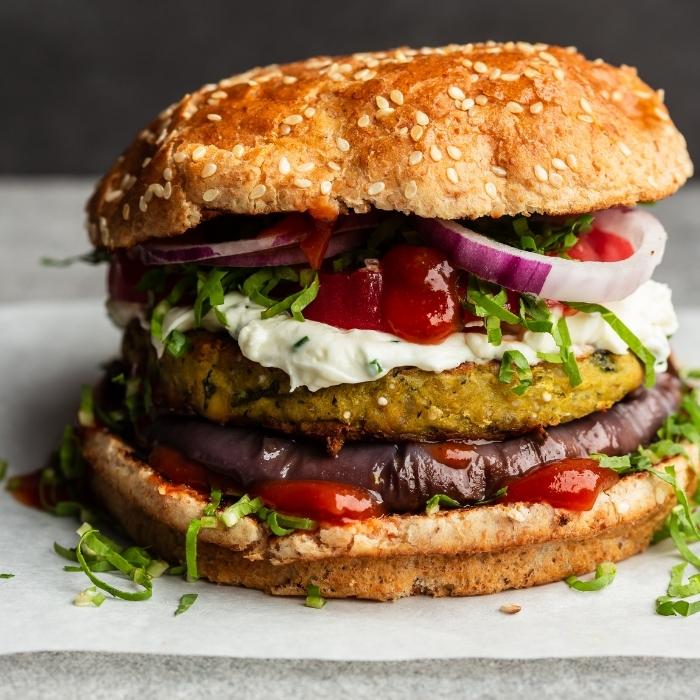
Some vegans consider veggie burgers that are cooked on the same grill as meat to be non-vegan.
What Is Cross-Contamination?
Cross-contamination has a literal definition to do with the movement of bacteria from one area to another. It’s introducing bacteria to a clean location with harmful effects. The best example is using the same utensils to touch cooked chicken after it touches raw chicken. However, the literal definition has given way to broader concerns. The transference of allergens from one food to another is an example. Someone allergic to shellfish could get sick from eating chicken cooked on the same grill as shrimp or lobster. For this article, cross-contamination refers to bringing any amount of animal product in contact with food that does not contain any animal products.
How Cross-Contamination Happens
Cross-contamination of vegan food usually happens at one of two points: when the food is prepared and when the food is manufactured or processed. The first point happens much as described in the above paragraph. The chef uses the same utensils or cookware to prepare vegan and non-vegan food without cleaning it in between. This can be the same grill in a fast-food restaurant, using the same spatula to flip burgers, or just having a prep area where ingredients are kept close enough to get mixed now and then.
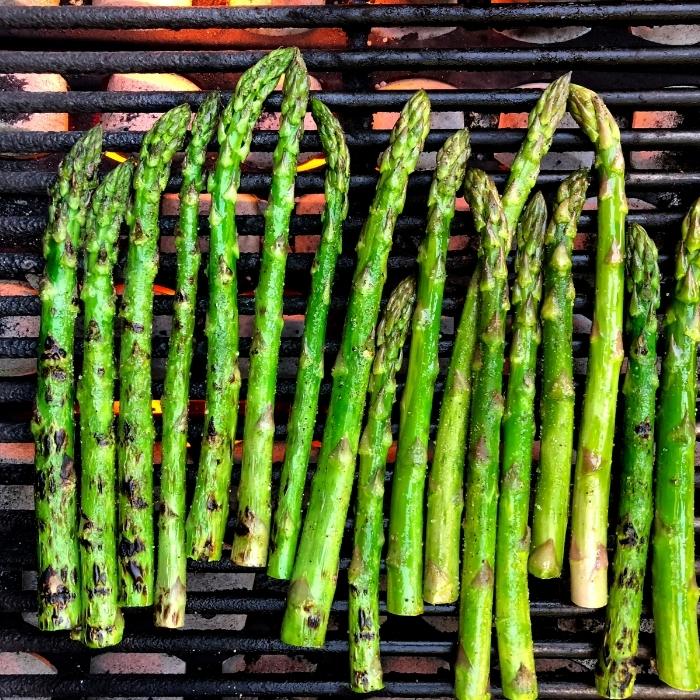
Are asparagus spears grilled on the same charcoal grill as hamburgers still considered vegan?
The second way cross-contamination can happen is during the manufacturing process. This type of cross-contamination leads to warnings on labels that say something like “May Contain Nuts” or whatever allergen, including milk and eggs, they’re warning about. Some people have extremely sensitive allergies. Food in a factory may be exposed to airborne particles of nuts, milk, or eggs. Thus, they should avoid foods with these labels even though the foods themselves were never intended to contain them.
The Argument for Cross-Contamination Rendering Food Non-Vegan
There is no universal “vegan opinion” on just about anything, the same way any large group will have nuance in its beliefs. Some people consider any food that is cross-contaminated absolutely not vegan. In a very literal sense, they’re correct. If you don’t want to eat milk, eating an item that may contain a trace of milk is off the table.
This is especially true of cross-contamination at the preparation level. Some vegans do not want to eat anything at all that came from an animal, even juice left over from sharing the same grill. The issue here is one of consumption; the vegan does not want to consume any animal products, and it is the act of consumption that is unethical or distasteful to them.
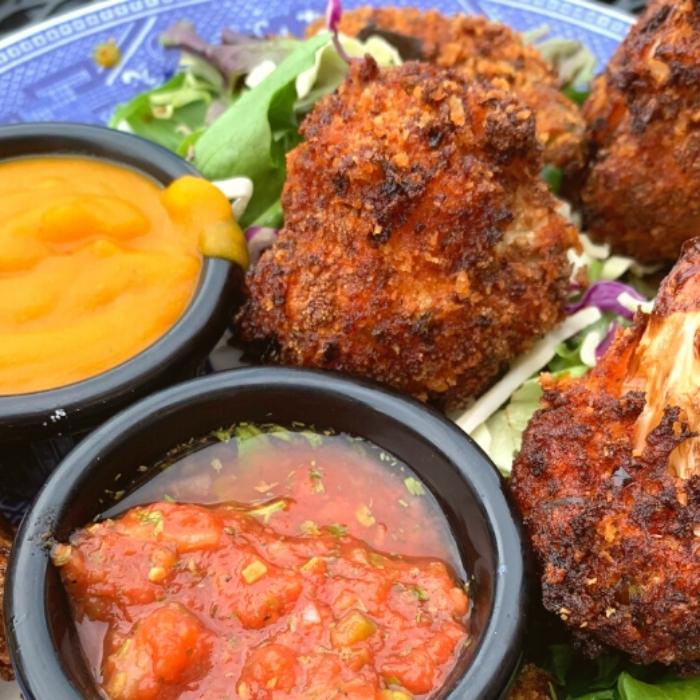
Some restaurants wil fry vegan food in the same fryer oil as meat. | Photo: Nicole @veganshowoff
The Argument Against Cross-Contamination Ruining Vegan Food
Not every vegan has the same problem with cross-contamination. For those who don’t mind it, even if they don’t love it, it comes down to an issue of intent. Unlike the vegan described above, these vegans don’t have as much of a problem with the act of consuming animal products by themselves. Instead, they’re concerned with the ethics of producing animal products. They avoid animal products because they don’t want to contribute to harm to animals, but cross-contamination doesn’t contribute to harm.
Cross-contamination occurs when vegan food shares space or utensils with non-vegan food. If no one were ordering non-vegan food, there would obviously be no cross-contamination. Therefore, cross-contamination cannot be a source of harm to animals. For example, in a world where no one ate a beef burger, it would be unnecessary to farm cattle so that beef could briefly share a grill with a veggie burger.
This doesn’t mean that these vegans actively enjoy consuming animal products. However, it does mean that they will still eat vegan food that might be subject to cross-contamination. For example, they still consider the burger vegan even if the spatula that flipped it also touched beef.
There is no universal opinion among all vegans, but there is an easy way to know what you can prepare for a vegan guest. Just ask them! Most vegans have already given this question a lot of thought. Whether they have decided not to consume any animal products, even accidentally or in minuscule quantities, or they’re just fine sharing a stove, they will have an answer at hand for you. Ultimately, the answer is cross-contamination doesn’t ruin vegan food for everyone…but you should ask before serving!

